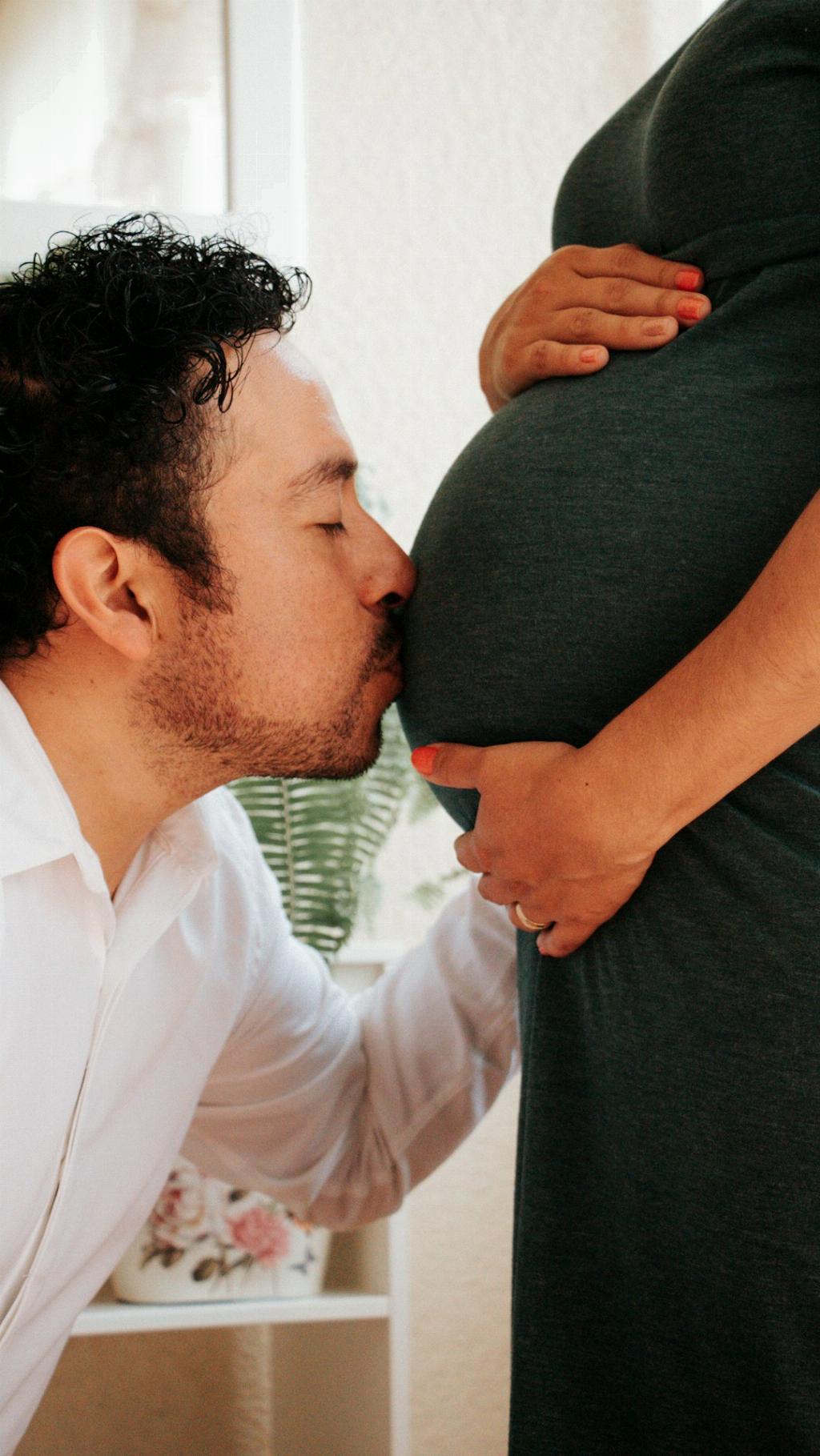When it comes to managing gestational diabetes, paying close attention to your diet is crucial. Certain foods can have a detrimental impact on blood sugar levels, making it essential to be mindful of what you consume. Understanding which foods to avoid can help you better control your condition and ensure the well-being of both you and your baby.
1. Sugary Foods and Beverages
Sugary foods and beverages are major culprits in raising blood sugar levels quickly. Avoiding items such as candy, baked goods, sugary cereals, and soda can help keep your glucose levels in check and prevent spikes that can be harmful during pregnancy.
2. Processed Carbohydrates
Foods high in processed carbohydrates, such as white bread, pasta, and rice, can cause a rapid increase in blood sugar. Opt for whole grains like brown rice, quinoa, and whole wheat bread instead to help stabilize your glucose levels.
3. Saturated and Trans Fats
Foods rich in saturated and trans fats, like fried foods and packaged snacks, should be limited in your diet. These fats can lead to insulin resistance, making it harder for your body to regulate blood sugar effectively.
4. High-Sodium Foods
High-sodium foods can contribute to elevated blood pressure and water retention, both of which can exacerbate gestational diabetes. Be cautious of processed foods, canned soups, and salty snacks that can increase your sodium intake.
5. Sweetened Beverages
Drinks such as fruit juice, sweetened tea, and energy drinks are loaded with sugar and can cause a rapid spike in blood glucose levels. Opt for water, herbal tea, or unsweetened beverages to stay hydrated without affecting your blood sugar.
6. Excessive Fruit Consumption
While fruits are a healthy choice, consuming large quantities can lead to a sudden rise in blood sugar due to their natural sugar content. Focus on moderate portions and choose lower-sugar options like berries and apples over tropical fruits.
7. High-Fat Dairy Products
Full-fat dairy products can be high in saturated fats that may interfere with insulin sensitivity. Opt for low-fat or fat-free options like skim milk, Greek yogurt, and reduced-fat cheese to reduce your intake of unhealthy fats.
8. Caffeinated Beverages
Caffeine can impact blood sugar levels and insulin sensitivity, potentially causing fluctuations in glucose levels. Limit your intake of coffee, black tea, and energy drinks to maintain stable blood sugar during pregnancy.
9. Artificial Sweeteners
While artificial sweeteners may seem like a low-calorie alternative, some studies suggest they can still influence blood sugar levels and may not be the best choice for managing gestational diabetes. Consider natural sweeteners like stevia or small amounts of honey as alternatives.
10. Highly Processed Foods
Foods that are highly processed and contain added sugars, preservatives, and artificial ingredients can have a negative impact on blood sugar control. Opt for whole, nutrient-dense foods whenever possible to support a healthy pregnancy and manage gestational diabetes effectively.
11. Alcohol
Alcohol consumption during pregnancy is not recommended, especially for women with gestational diabetes. Alcohol can interfere with blood sugar regulation and overall health, posing risks to both the mother and the developing baby.
12. Overeating
Lastly, overeating, even of healthy foods, can lead to spikes in blood sugar levels. Pay attention to portion sizes, eat regularly throughout the day, and listen to your body’s hunger and fullness cues to maintain stable glucose levels and support a healthy pregnancy.

